Celebrity endorsement effect, focus on Vitalik + CZ.
Decentralized Science (DeSci) is not a new concept; as early as March last year, the research institution Messrai published a related report. Recently, this sector has regained market attention, largely due to Binance's investment in BIO Protocol.
On November 8, Binance completed a strategic financing round for BIO Protocol, with neither the round nor the amount disclosed. Thanks to Binance's investment, the BIO Genesis community fundraising campaign initiated by BIO Protocol quickly reached its funding cap, raising a total of $33 million. CZ tweeted about participating in a gathering of small entrepreneurs in DeSci, where Vitalik was also present.
With Binance's substantial investment and the endorsement of two major figures in the crypto space, what exactly is DeSci? What projects within it are worth our attention? Let's take a look with WOO X Research.
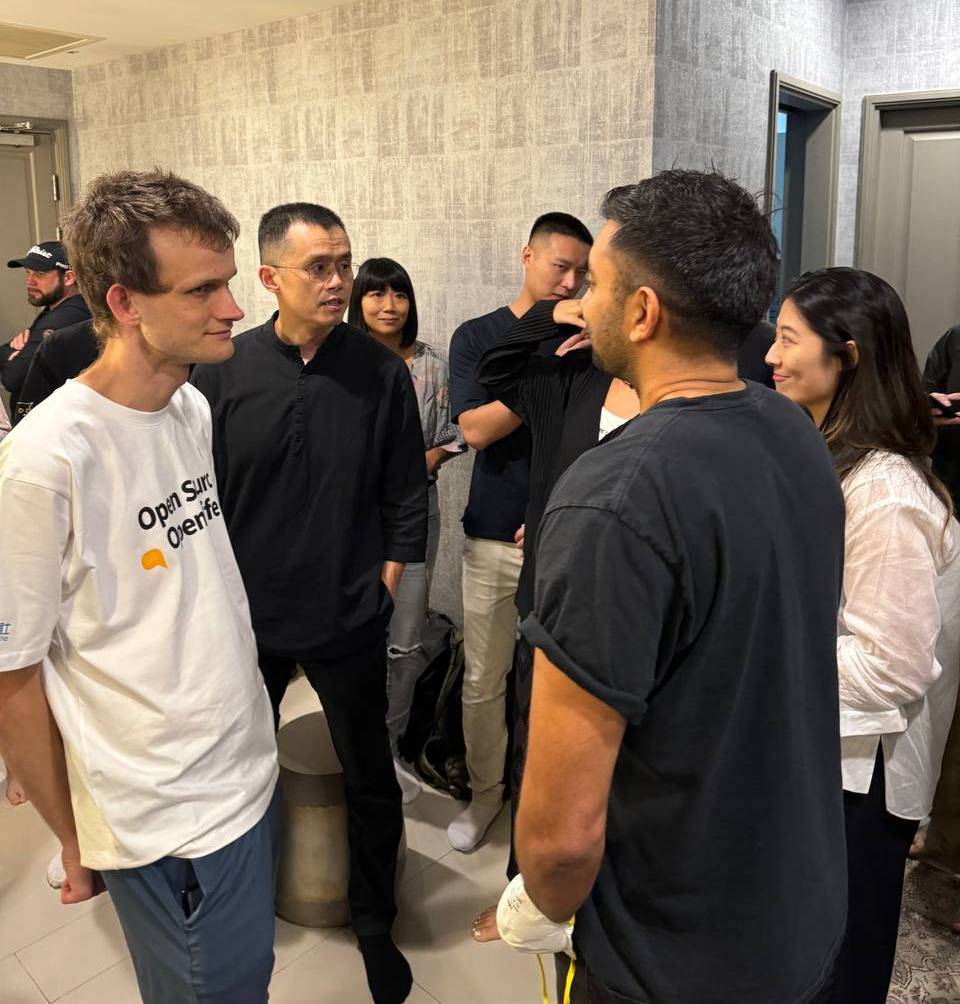
Source: @bioprotocol
What is DeSci?
DeSci stands for Decentralized Science, aimed at solving various issues encountered in scientific research, including opaque funding allocation, knowledge monopolies, and the openness of research data.
Here are the main features and core concepts of DeSci:
Decentralized fundraising: Traditional research funding usually comes from governments, academic institutions, or large corporations, which may be influenced by political or commercial interests. Additionally, funding applications can be time-consuming, and insufficient funding for research projects is common. In DeSci, researchers can directly raise funds from the community through DAOs on the blockchain, using cryptocurrencies or issuing tokens for research projects, allowing more people to participate and support innovative research.
Open data and knowledge sharing: DeSci encourages storing research data and results on the blockchain in an open manner, ensuring data transparency and immutability, addressing the current issue of data closure in academia. Researchers can also use blockchain technology to track citations and usage of their research, ensuring fair distribution of knowledge.
Incentive mechanisms: DeSci typically uses tokens or other blockchain tools as incentives, allowing participants (such as researchers, reviewers, data providers, etc.) to receive rewards within the system. For example, researchers can earn token rewards when publishing papers or opening data, encouraging more people to share scientific results.
Improved peer review mechanisms: Traditional academic journals and peer review processes may suffer from inefficiencies, biases, or high costs. DeSci utilizes smart contracts and distributed review systems to achieve a more transparent and efficient review process, allowing reviewers to receive fair compensation.
NFTs and intellectual property: In DeSci, research results can be minted as NFTs to track and manage intellectual property. For instance, a groundbreaking research result can be recorded on the blockchain as an NFT, ensuring the original author's ownership and revenue.
The core point of DeSci is that blockchain project funding comes first, and the development of applications is often disconnected from the funds raised, leading to situations of excess funding and overvaluation. In contrast, scientific research faces high funding challenges and is difficult to show results in a short time, with low speculative elements.
DeSci aims to channel hot money from the crypto space into scientific research, with the narrative that blockchain can genuinely assist research projects and benefit society, thus opening up imaginative space for the valuation ceiling of this sector.
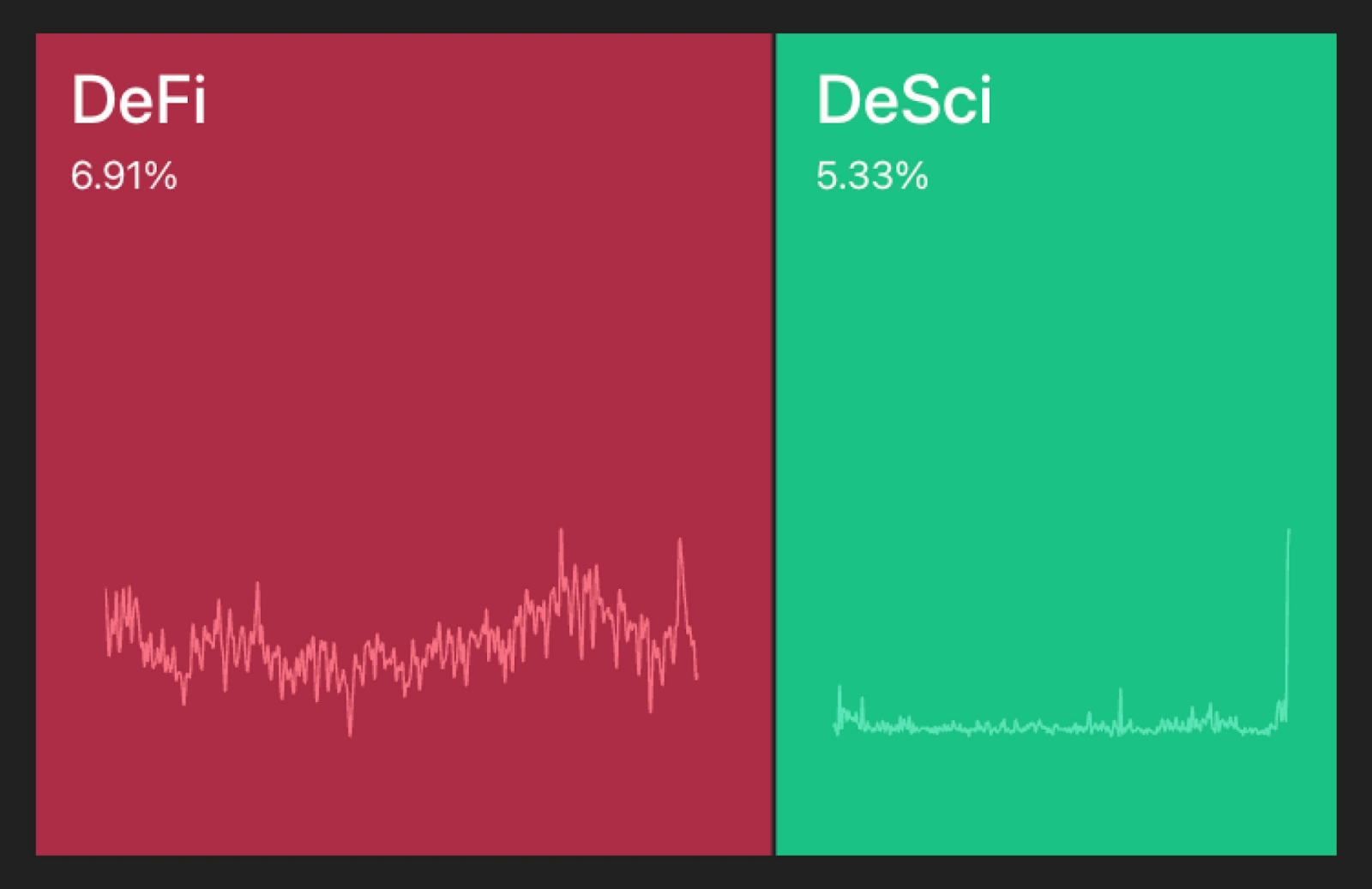
Source: @_kaitoai
Representative Projects
VITA
As mentioned earlier, BIO Protocol, which Binance invested in, was created by one of the founders of VitaDAO. The current token VITA can be considered the most legitimate DeSci project. VitaDAO was established in 2021, focusing on funding and promoting early longevity science research, aiming to extend human healthspan. As noted, Vitalik and CZ participated in the DeSci gathering, where Vitalik showcased VitaDAO's first longevity product—VD001, a natural high-dose spermidine supplement approved by the Thai FDA.
Not only backed by crypto celebrities, but VitaDAO also secured $4.1 million in funding on January 30, 2023, from Pfizer's venture capital arm, Shine Capital, L1 Digital, and Balaji Srinivasan, among others. Notably, this was Pfizer's first investment in the Web 3 space.
Public chain: ETH
Current token price: 6.2
Current market cap: $160 million
Number of holding addresses: 4,076
Historical market cap peak: Currently ATH, $160 million
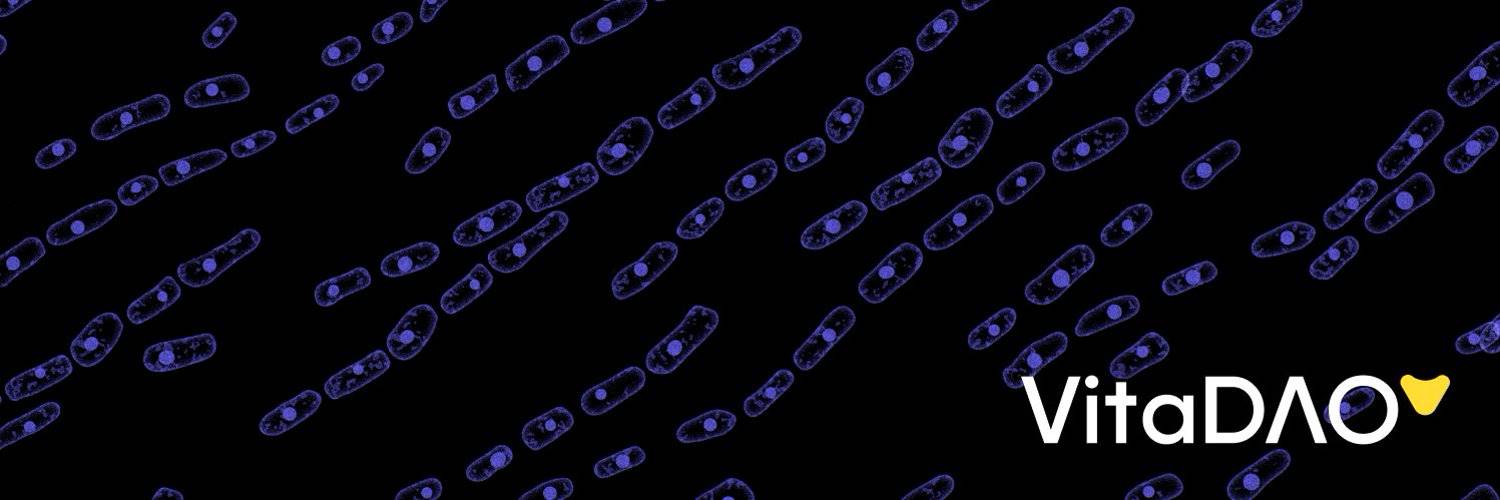
$RIF
A meme coin launched by Pump.Science, which is a meme coin issuance platform under Molecule DAO, a subsidiary of BIO Protocol, introduced at the Token2049 Solana Breakpoint conference. However, unlike Pump Fun, where anyone can issue coins, projects on Pump.Science must be linked to scientific research.
Currently, the only meme coins recognized by Pump.Science are RIF and URO, with RIF representing the antibiotic "Rifampicin," which primarily inhibits bacterial RNA synthesis and has significant bactericidal effects, treating conditions including tuberculosis, leprosy, trachoma, and veterans' disease.
Rifampicin has been shown to activate the natural defense mechanisms of cells against stress and damage. Current experiments on worms have shown effects of extending lifespan and improving health status. Although research is still in its early stages, it remains unclear whether Rifampicin can produce similar effects in humans, but it is an exciting research direction in the current anti-aging therapies.
Public chain: Solana
Current token price: 0.1705
Current market cap: $170 million
Number of holding addresses: 20,146
Historical market cap peak: $183 million
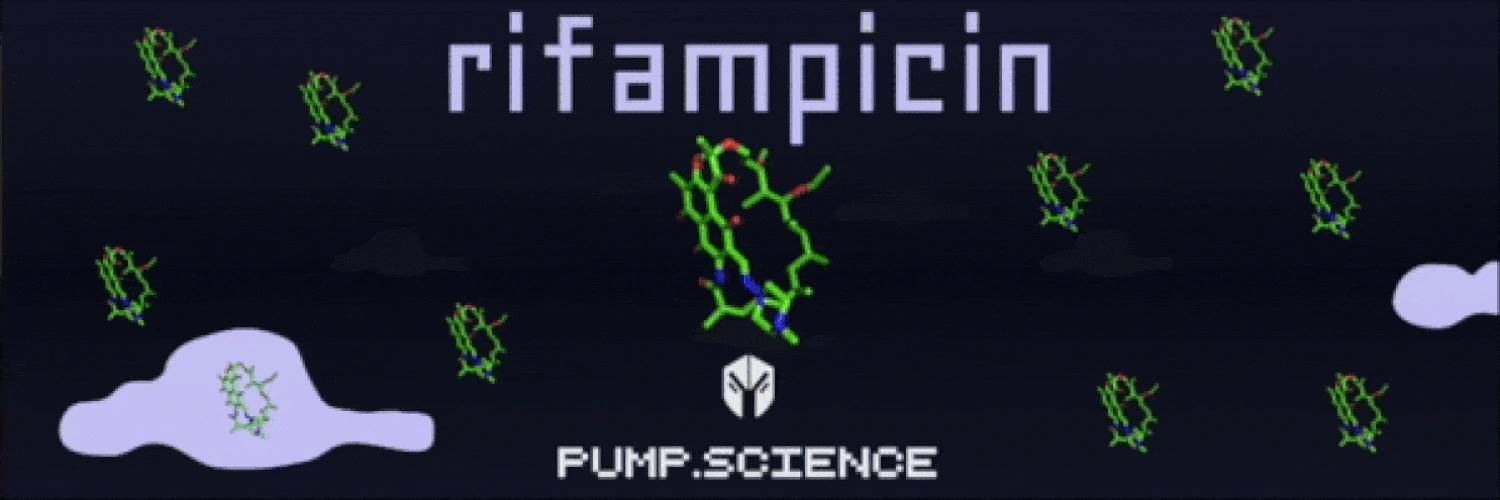
Source: Dexscreener
$URO
A meme coin launched by Pump.Science, it is one of the only two officially certified tokens by Pump.Science alongside $RIF.
Urolithin A is a compound naturally found in pomegranates. Its uniqueness lies in its ability to perform "cellular cleanup." It helps eliminate aging and dysfunctional mitochondria, allowing fresh and healthy mitochondria to thrive. It can be thought of as a reset button for cells, helping them maintain optimal functioning.
Public chain: Solana
Current token price: 0.0466
Current market cap: $46.6 million
Number of holding addresses: 12,674
Historical market cap peak: $60 million
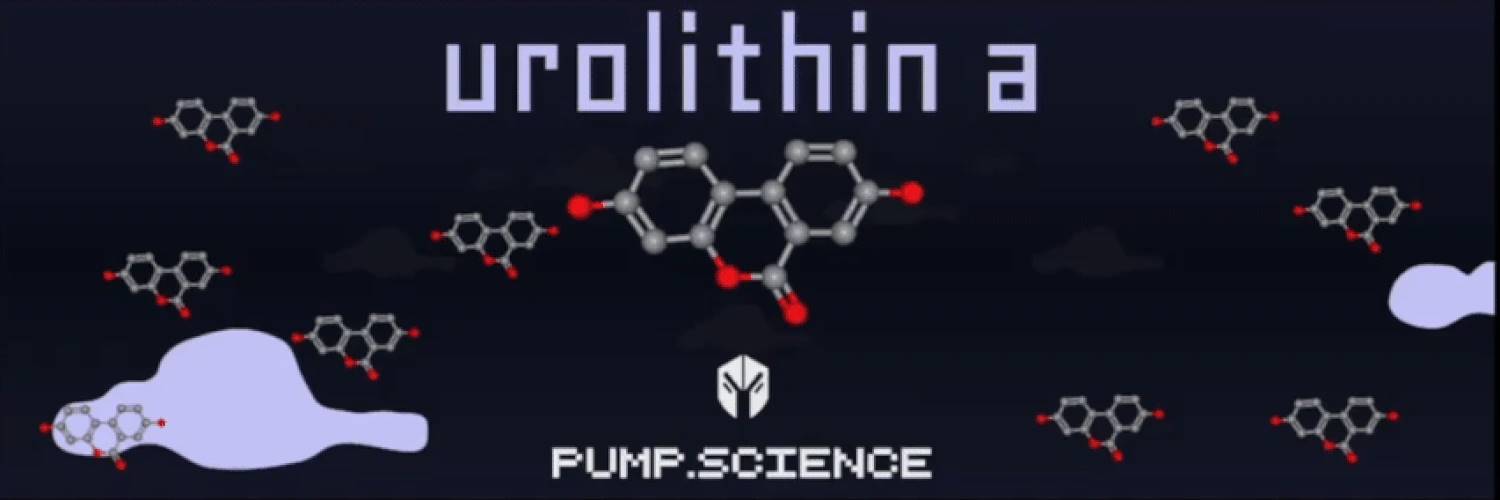
Source: Dexscreener
SCIHUB
An open-source academic paper library founded by neuroscientist Alexandra Elbakyan in 2011, aimed at providing free access to academic papers for everyone, but it has also raised copyright concerns. Scihub was ordered to pay $15 million in damages to the publisher Elsevier in 2017. The founder of WTF Academy, 0xAA, purchased 22% of the total supply of SCIHUB tokens and later transferred 20% to Alexandra Elbakyan's wallet, showing support for Scihub.
Public chain: Solana
Current token price: 0.0486
Current market cap: $49 million
Number of holding addresses: 13,842
Historical market cap peak: $73 million
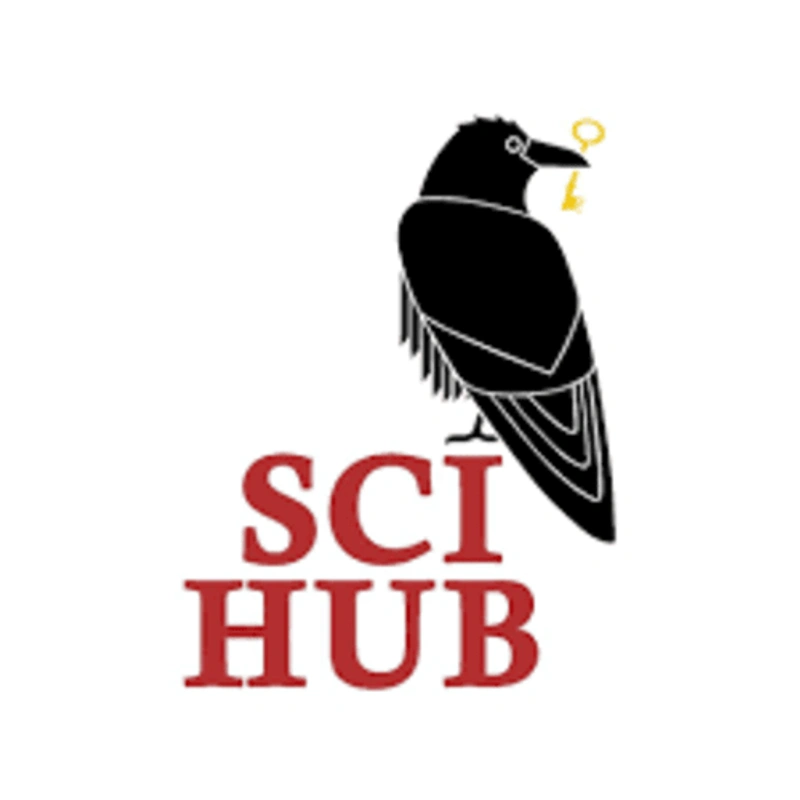
Source: @SciHubFans
Conclusion: Can DeSci Really Bring Practical Applications?
The main narrative of DeSci is to channel hot money from the crypto space into the research community, suggesting that cryptocurrencies can be used to improve the world. However, DeSci is not a new concept that emerged this year; VitaDAO was established in 2021, and even the well-known pharmaceutical company Pfizer participated in its investment. Yet, it has remained relatively unnoticed in the market until Binance's investment and the participation of CZ and Vitalik brought it back into the public eye, with speculative elements still outweighing practical applications.
As mentioned earlier, scientific research often requires significant funding and time, making it difficult to see short-term results after receiving funds. The DeSci tokens driven by memes are not fundamentally different from previous meme coins; they are both manifestations of attention economics. For the crypto market, which demands immediate returns, the sustainability of DeSci remains highly questionable.
For the overall sector to have continuity, it must meet the following conditions:
Continued celebrity endorsement: This narrative was initiated by crypto celebrities CZ and Vitalik. Attracting more crypto figures to participate will help solidify the narrative foundation of DeSci and attract more capital and users.
Ongoing fundraising activities: More financing cases are needed in the future to demonstrate institutional interest in the DeSci sector. Institutional involvement in building the sector's ecosystem is essential to stabilize the overall fundamentals of DeSci.
Rising valuations of leading projects: Currently, the leading projects VITA and RIF have market caps ranging from $150 million to $200 million, which is still low compared to many leading projects in other sectors. If the leading projects can increase their market cap to the $5 billion range and list on mainstream centralized exchanges, it could drive up other projects and confirm the development potential of the DeSci sector.
免责声明:本文章仅代表作者个人观点,不代表本平台的立场和观点。本文章仅供信息分享,不构成对任何人的任何投资建议。用户与作者之间的任何争议,与本平台无关。如网页中刊载的文章或图片涉及侵权,请提供相关的权利证明和身份证明发送邮件到support@aicoin.com,本平台相关工作人员将会进行核查。




